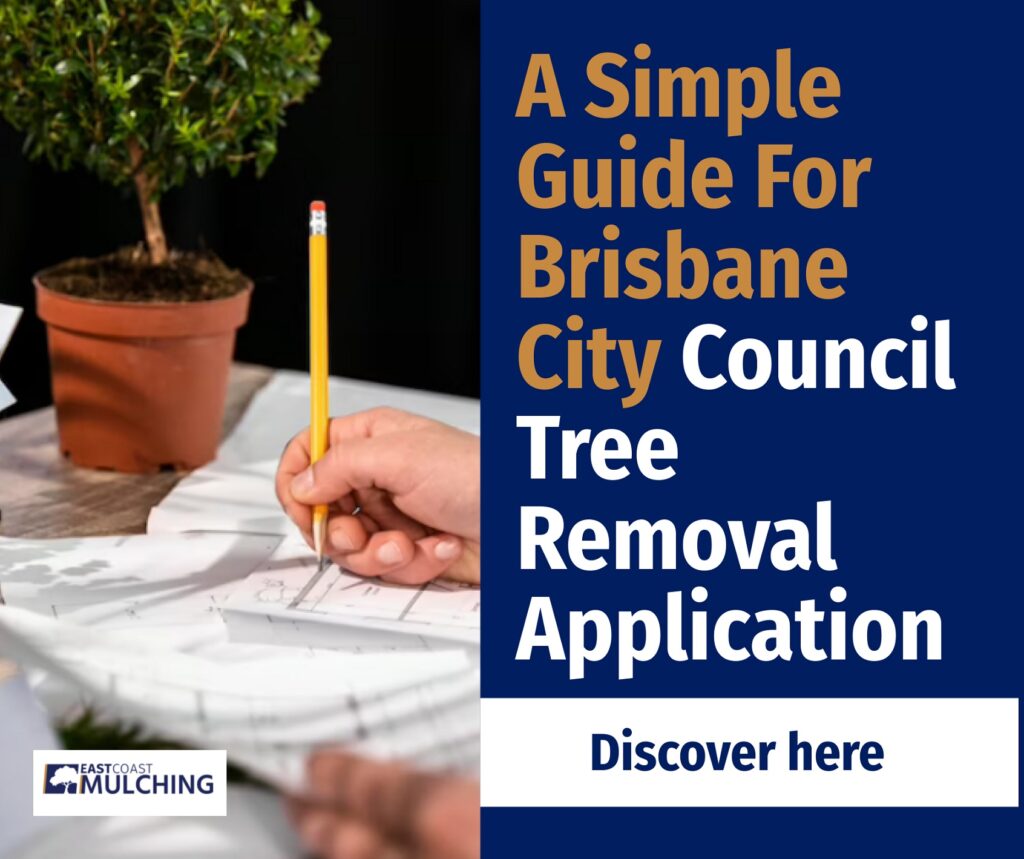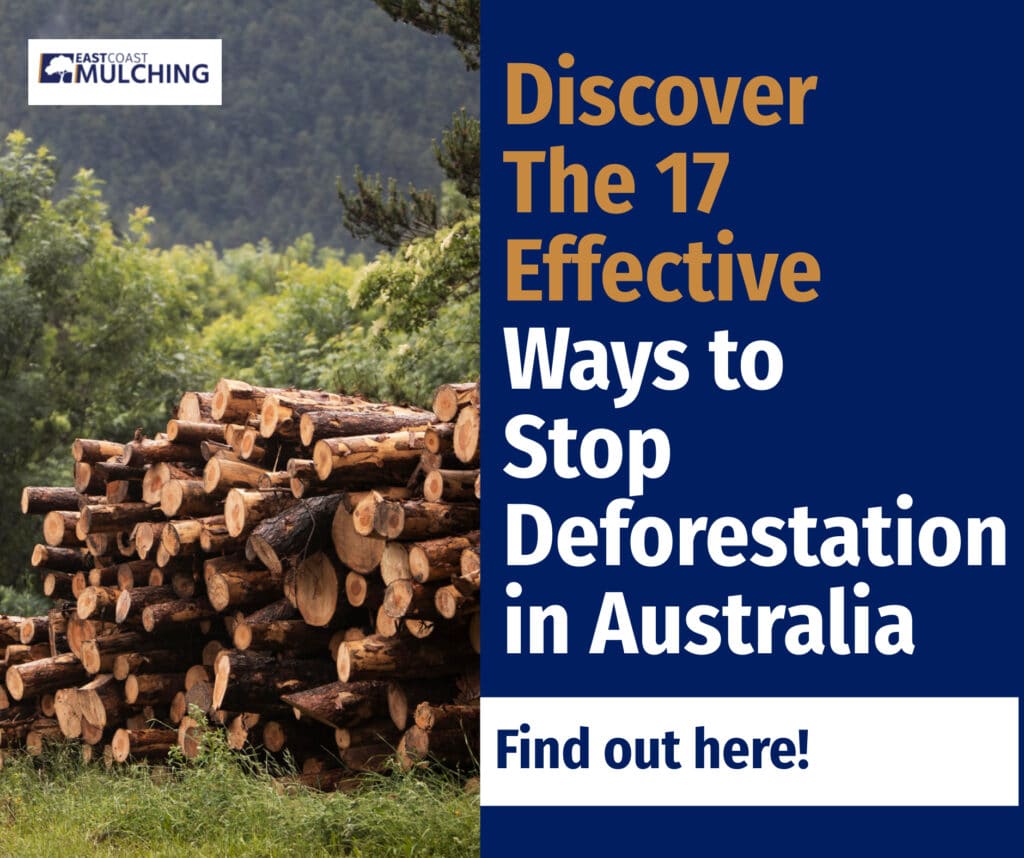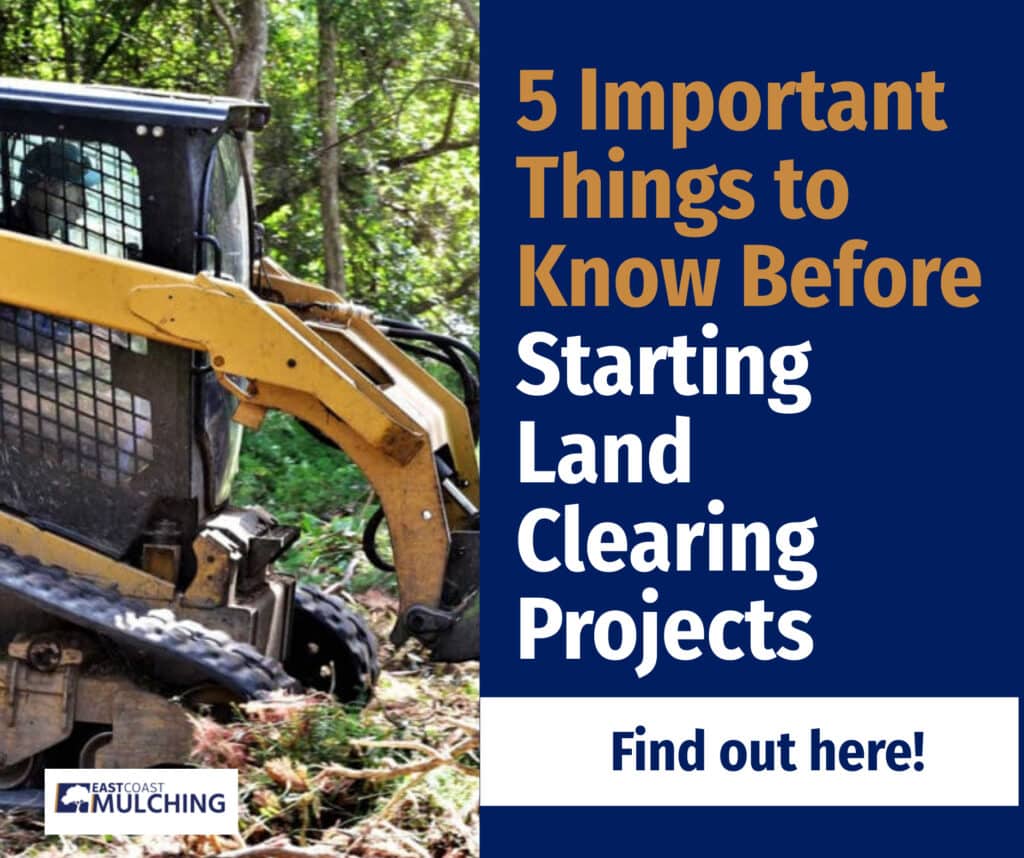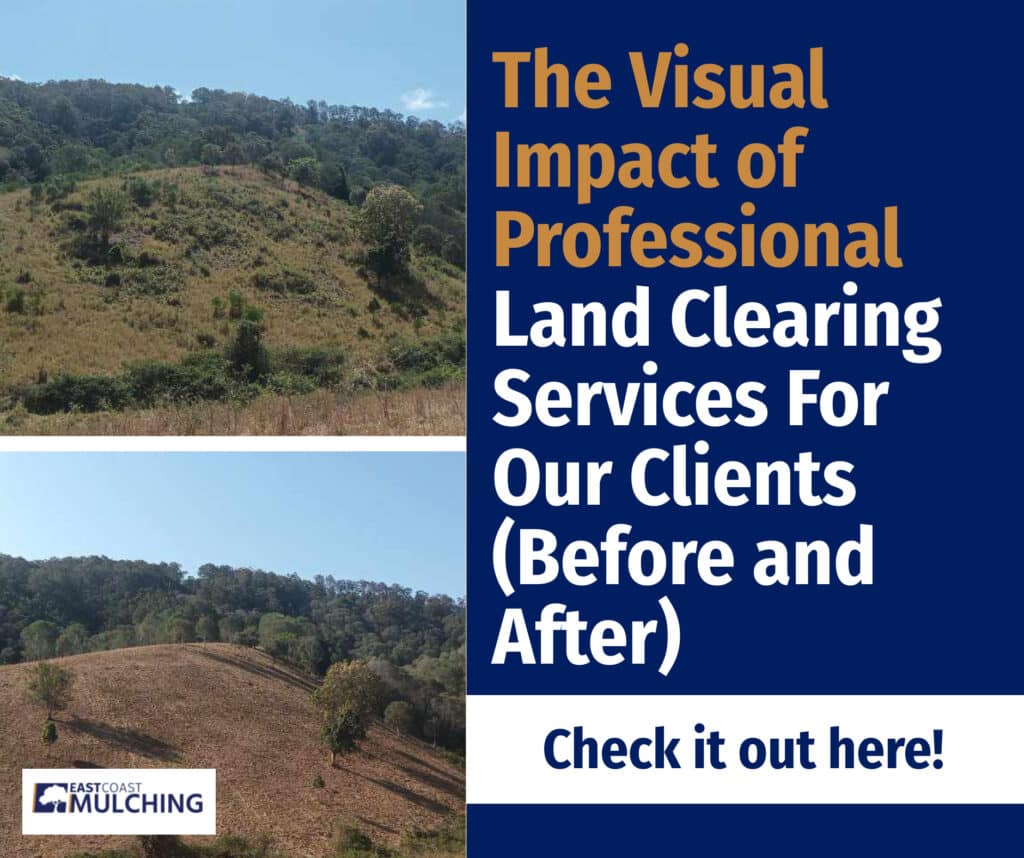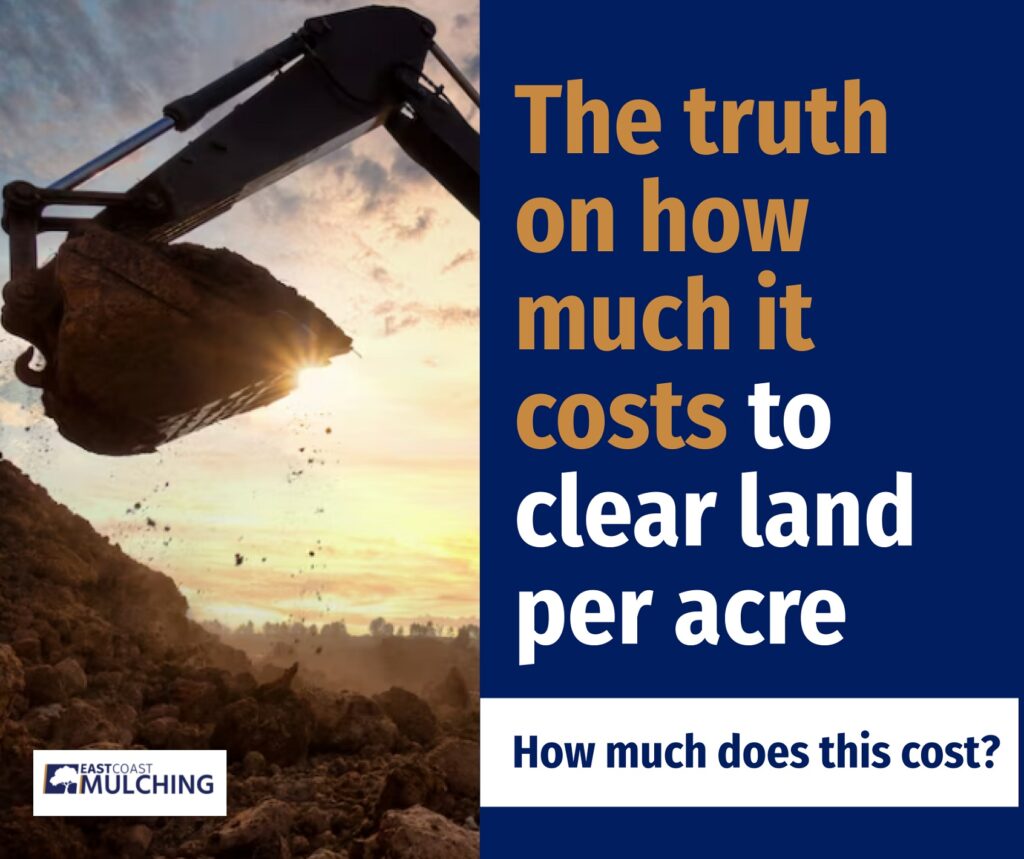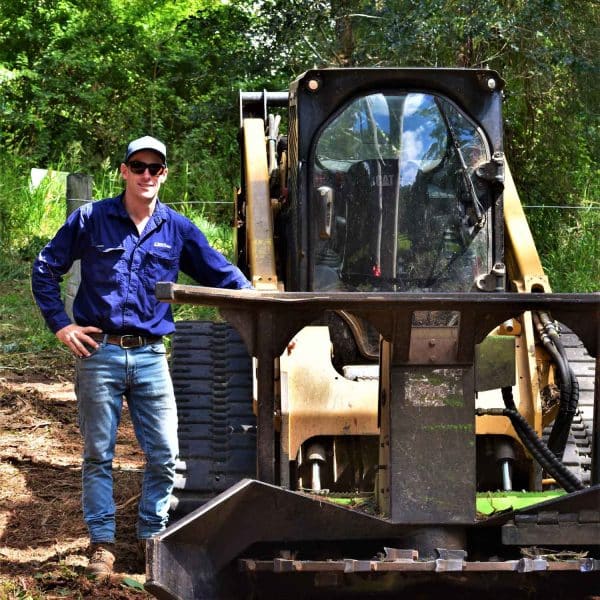Navigating the tree removal application process in Brisbane can be intricate. The Brisbane City Council, in line with the Natural Assets Local Law 2003 and the Queensland Government Planning Regulation 2017, has set guidelines to protect our natural assets. This article provides a concise guide on when exemptions might apply and the steps to follow for a tree removal permit.
Key takeaways 
- The Brisbane City Council has guidelines for tree removal. They are aligned with the Natural Assets Local Law 2003 and Queensland Government Planning Regulation 2017.
- Exemptions to the permit process include pruning on private property, emergencies, trees near dwellings, and managing pest vegetation.
- Before tree removal, one must identify if the vegetation is protected using a Protected Vegetation Enquiry Report.
- Determine which permit type is necessary: short-term or long-term.
- The tree removal application process involves consulting a qualified arborist, submitting an application, waiting for approval, and following post-removal guidelines.
- Tree removals in Brisbane are strictly regulated. It’s essential to consult professionals and the local council before taking action.
Exemptions to the tree removal permit process
Pruning or trimming on private property
- No more than 20% of the volume of the tree or shrub is removed within 12 months;
- The pruning is distributed evenly so the vegetation isn’t left lopsided;
- Maintaining garden vegetation with a trunk diameter of less than 30cm.
Vegetation poses an immediate danger
Trees displaying signs of clear damage, such as split trunks or leaning with soil upheaval, may be removed without a permit. The property owner must provide photographic evidence or an arborist’s report within 10 days.
Emergency work
Tree removal is necessary to provide access to an accident or facilitate an emergency response.
Trees close to occupied dwellings
- The whole trunk of the tree is within 3m of a dwelling on a property of 4000 square metres or less;
- The entire trunk of the tree is within 6m of a dwelling on a property greater than 4,000 square metres.
Managing pest vegetation
Clearing pest vegetation is exempt from the permit process if:
- The management doesn’t damage surrounding protected vegetation;
- Doesn’t disturb the soil profile or increase erosion risk.
Tree Removal Application
Identify protected vegetation
Before you remove trees from your property, you must determine if it contains protected vegetation. You can do this by requesting a Protected Vegetation Enquiry Report. The report will show you a vegetation protection overlay map.
Permit types
There are two permit types covering clearing on private property.
Short-term work
Short-term work covers one-off clearing works. This permit allows you to undertake removal or pruning to make way for construction or other projects.
Long-term work
Long-term permits cover ongoing maintenance. Projects that involve routine management for maintenance or hazard reduction can be covered by a permit lasting up to 10 years. A long term permit application may need to be supported by a protected vegetation management plan.
Contact a Qualified Arborist
Engage a qualified arborist to assess the tree. They’ll provide an arborist report detailing the tree’s health, species, and location.
Submit Application
If the tree is protected, submit a removal permit application to the local council. Include the arborist report, details of the tree’s location, and reasons for removal.
Wait for Approval
The council reviews permit applications thoroughly. They consider the tree’s health, species, and contribution to the local ecosystem.
Permit Issuance
Once approved, the council will issue a permit. This permit details how the tree should be pruned or removed.
Carry Out the Task
With the permit, you can now remove or prune the tree. Ensure you follow the guidelines provided.
Post-Removal Process
After removing trees, some councils might request replanting. This ensures the preservation of the local vegetation.
Conclusion
Strict regulations govern tree removals in Brisbane to protect our environment. While there are exemptions, following the process to avoid penalties is crucial. Always consult with a qualified arborist and the local council before acting.
Work with us
For professional tree removal and mulching services, contact East Coast Mulching. We ensure safe, efficient, and compliant tree services tailored to your needs.

